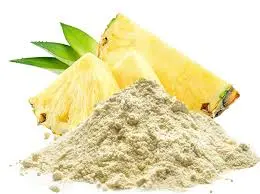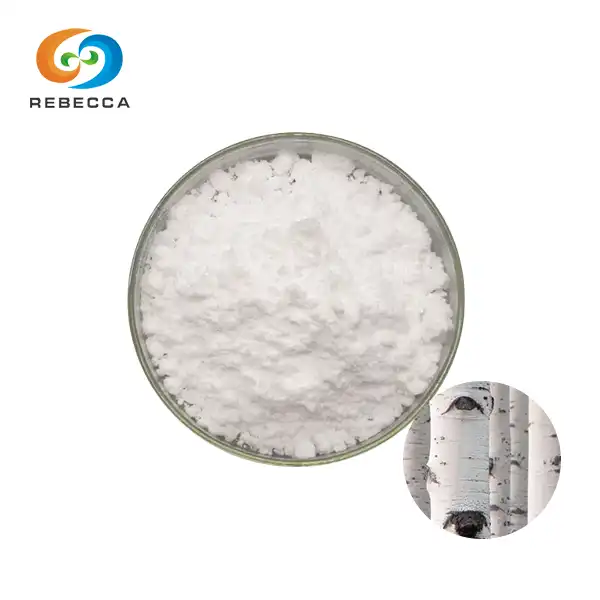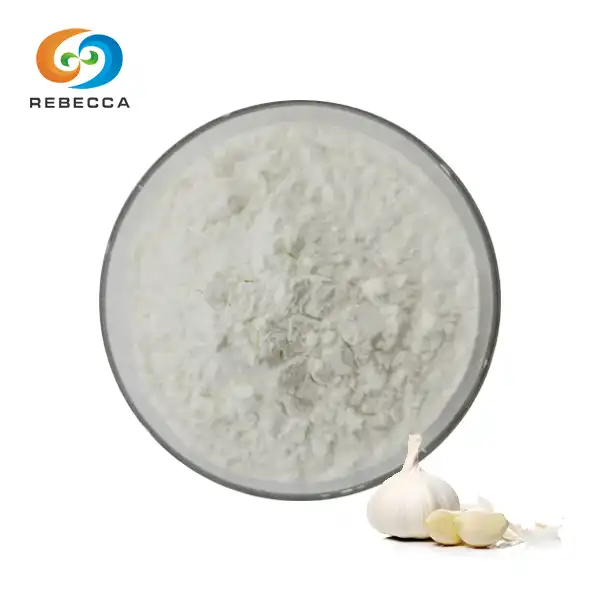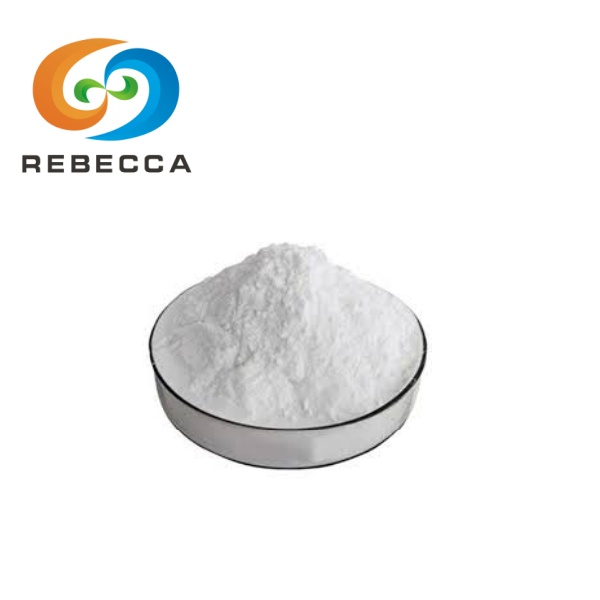How bromelain extract affects digestion?
Bromelain, derived primarily from pineapple stems, is a mixture of proteolytic enzymes with a molecular formula of C39H66N2O29. This potent extract, typically available as a white or yellowish powder, is renowned for its digestive properties. Let's delve into how bromelain influences the digestive process:
Protein breakdown and absorption
One of bromelain’s most recognized and valuable functions is its ability to aid in the digestion of proteins. This natural enzyme works by breaking down large, complex protein molecules into smaller peptides and amino acids, which are easier for the body to absorb in the small intestine. By promoting more efficient protein digestion, bromelain can help reduce feelings of bloating, heaviness, or discomfort often experienced after consuming protein-rich meals.
This is especially beneficial for individuals with weak digestive enzyme activity or those following high-protein diets. Regular intake of bromelain supplements or bromelain-rich foods may contribute to better nutrient absorption and overall digestive comfort.
Anti-inflammatory effects
Bromelain Extract is widely known for its natural anti-inflammatory properties, which can play a significant role in supporting digestive health. Inflammation of the gastrointestinal tract often contributes to discomfort and can be associated with conditions like acid reflux, gastritis, and irritable bowel syndrome (IBS). Bromelain may help ease these symptoms by reducing inflammation within the digestive lining, promoting a calmer, healthier gut environment.
Additionally, by minimizing swelling and irritation, bromelain can improve the function of digestive tissues, allowing food to pass more smoothly through the stomach and intestines. This natural anti-inflammatory action also complements bromelain’s other digestive benefits, making it a versatile aid for overall gut wellness.
Gastric acid regulation
While bromelain itself is not acidic, it is believed to influence gastric acid and digestive enzyme production indirectly. Some studies suggest that bromelain can stimulate the secretion of various digestive enzymes, which play a role in breaking down food and maintaining the stomach’s acid balance.
By encouraging proper enzyme activity, bromelain may help regulate gastric acid levels, ensuring the stomach maintains a balanced pH environment. This is particularly beneficial for individuals who experience irregular acid levels, as it can potentially reduce the occurrence of acid reflux and other digestive discomforts. Integrating bromelain into a regular dietary routine might support smoother, more balanced digestive processes.

Is bromelain safe for sensitive stomachs?
For individuals with sensitive stomachs or those prone to digestive issues, the safety of bromelain is a valid concern. Let's examine the factors that influence bromelain's compatibility with sensitive digestive systems:
Purity and quality considerations
When considering bromelain supplements, it's crucial to opt for high-quality products. Look for bromelain extracts with a purity of ≥ 99% and a specification of 2,500 GDU/g (Gelatin Digesting Units per gram). Reputable manufacturers should provide certificates such as GMP, ISO, and FDA compliance, ensuring product safety and efficacy.
Potential side effects
While Bromelain Extract is generally well-tolerated, some individuals may experience mild side effects, including:
- Nausea
- Diarrhea
- Stomach discomfort
- Allergic reactions (rare)
It's important to note that these side effects are typically mild and often subside as the body adjusts to the supplement.
Interactions with medications
Bromelain may interact with certain medications, particularly blood thinners and some antibiotics. If you're taking any prescription medications, it's essential to consult with a healthcare professional before incorporating bromelain into your regimen.

Best time to take bromelain to avoid reflux
Timing can play a crucial role in maximizing the benefits of bromelain while minimizing the risk of acid reflux. Here are some guidelines to consider:
Empty stomach vs. with meals
Some experts recommend taking bromelain on an empty stomach to enhance its systemic effects. However, for those concerned about acid reflux, taking bromelain with meals may be a better option. The presence of food in the stomach can help buffer any potential irritation and reduce the likelihood of reflux symptoms.
Dosage considerations
While there's no standard dosage for bromelain, many studies have used doses ranging from 80 to 400 milligrams taken two to three times daily. Starting with a lower dose and gradually increasing it can help you gauge your body's response and minimize the risk of digestive discomfort.
Evening consumption precautions
If you're prone to nighttime acid reflux, it's advisable to avoid taking bromelain close to bedtime. The digestive process can exacerbate reflux symptoms when lying down, so aim to take your last dose of bromelain at least 3-4 hours before sleep.

Conclusion
while bromelain offers numerous potential health benefits, its impact on acid reflux can vary from person to person. By choosing high-quality supplements, being mindful of timing and dosage, and listening to your body's response, you can make informed decisions about incorporating bromelain into your health regimen. As always, it's recommended to consult with a healthcare professional before starting any new supplement, especially if you have pre-existing digestive concerns.
For more information about high-quality bromelain extracts and other natural herbal products, please contact us at information@sxrebecca.com. Our team of experts is ready to assist you in finding the right solutions for your health and wellness needs.
_1730691017423.webp)


















_1732613888718.webp)


